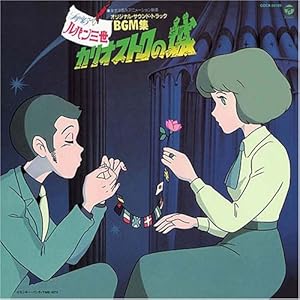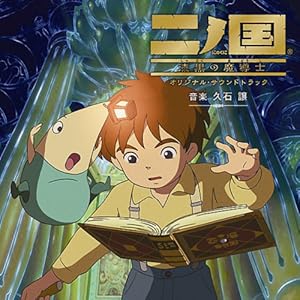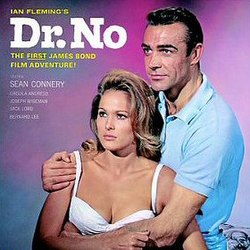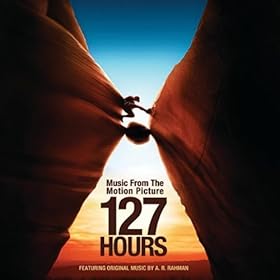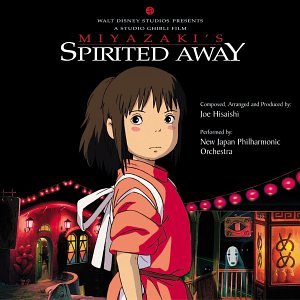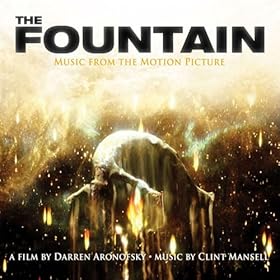
It’s our 600th post! I laugh in the face of Hugh, who thought he could snatch the mystical cup of victory from my grasp and partake in the sweet nectar within. But I foiled him, and now my I stand proudly over his carcass, my foot triumphantly placed on his head. But I’ll share the nectar with him, I GUESS.
Considering this monumental moment in either/or’s history, it’s only fitting that some equally monumental music accompany it. This piece featured in Darren Aronofsky’s critically divided film The Fountain. Personally, I liked it, but it’s not the kind of film you go and watch for cheery happy times: this piece will certainly demonstrate that. The film deals with death, loss, life and life beyond, and it’s all wonderfully encapsulated in this rather haunting piece.
Anyway, here’s to more either/or! See you at 700.


